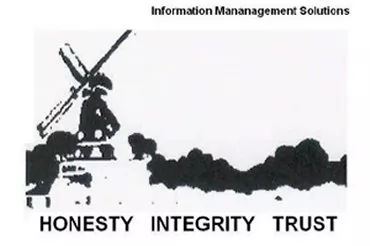It has happened again. A Prime Minister of Antigua and Barbuda is once again proposing to balance the deficit of the nation's economy by the sale of 110 acres of the Half Moon Bay Resort property.
The first Budget presentation to Antigua's Parliament carrying this suggestion was made by Lester Bird in November 2003. The second one - by Gaston Browne in January 2015.
In the meantime, no payment has been made to the dispossessed American owners of the multi-million US dollar property for what Antiguans refer to as "compulsory acquisition" of their property and their business.
At what point does this euphemism for theft cease to carry the mantle of propriety?
All three levels of courts in the jurisdiction implementing the laws of Antigua & Barbuda have issued Judgments, Decisions, Declarations and Orders to rectify this abuse of the legal process.
The Privy Council in London has ordered that payment of compensation, in an amount irrevocably established by that legal body, must be made "punctually".
The Eastern Caribbean Supreme Court of Appeal has declared that the ongoing non-payment of compensation is a breach of the dispossessed owners' Constitutional rights under the Constitution of Antigua & Barbuda.
The Eastern Caribbean High Court has found that the delay in payment constitutes a refusal to pay and granted a Mandamus Order for the Minister of Finance to issue an immediate warrant for payment of the debt, in accordance with the Land Acquisition Act, cognizant of the consequences implicit in the findings of contempt of court, should the order not be carried out.
A change of administration brought in a Prime Minister who allocated the Ministry of Finance to his own oversight. A new action was initiated by the dispossessed owners for the production of the requisite warrant for payment. At the hearing of the matter, the Attorney General gave an Undertaking on behalf of the Minister that said warrant would be issued within 30 days.
The Court Order, accepting the Undertaking, came with a penal notice attached.
The deadline has come and gone. No warrant has been issued.
Any expectation of enforcement of the penal notice is unrealistic.
This "acquisition" has become a "taking."
There are numerous trade and aid agreements that have been breached by the taking of this property, regardless of the name by which it is called.
At a time when Antiguan Ministers of Government travel all over the world in search of Foreign Direct Investment, hawking Antiguan passports as further inducements, it is time for multinational organisations to recognise the nature of this action and to alert their memberships to this egregious breach of international law.
Indeed, the Organization of Economic Co-operation and Development (the OECD), effectively the world's fair trade policeman, may well take a special interest in this development, especially in light of Antigua's claims to a new found adherence to best practice and to the creation of a level playing field in respect of its financial and e-gaming services.
In its Policy Framework for Investment, the OECD specifically states:
When a government expropriates property, compensation should be timely, adequate and effective. The right to fair compensation and due process is uncontested and is reflected in all international investment agreements.... Uncertainty about the enforceability of lawful rights and obligations should be avoided because it will restrain investment by raising the cost of capital...."
In recent history, similar "takings" of foreign-owned private property have occurred in Cuba, in Zimbabwe and in Costa Rica, to name a few examples, and the economies of those countries have paid the price of red flags being raised against the country's standing, warning off and in some cases prohibiting reputable (ethical) international entities from engaging with a rogue state.
It is inevitable that other multinational organisations with similar policies will soon become aware of this "taking". The consequences for the Antiguan Government and its economy may be even more detrimental than its late-lamented collusion with R. Allen Stanford.
The content of this article is intended to provide a general guide to the subject matter. Specialist advice should be sought about your specific circumstances.

